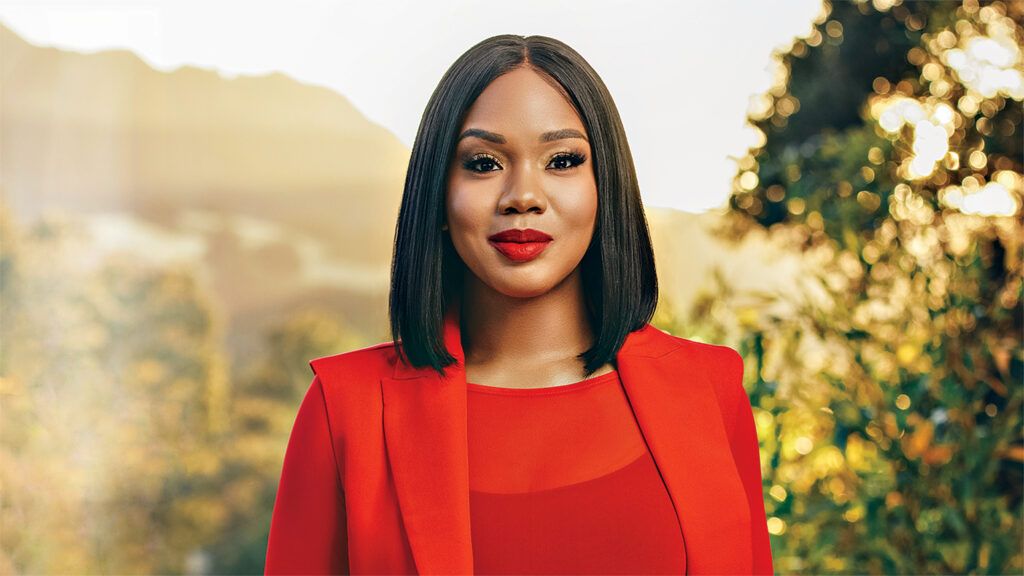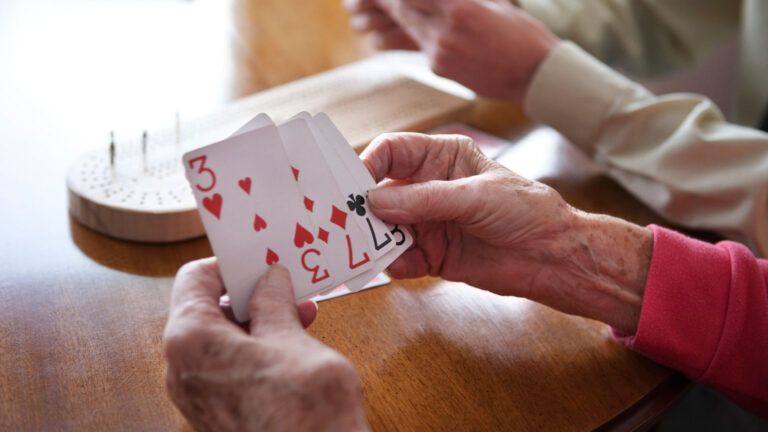Sarah Jakes Roberts is a pastor alongside her husband, Touré, at the Los Angeles and Denver campuses of the Potter’s House, a church founded by her parents, Serita A. and Bishop T. D. Jakes, in Dallas. This mom of a blended family of six is also a motivational speaker and author; her latest book is Woman Evolve: Break Up With Your Fears and Revolutionize Your Life. —Celeste McCauley, Editor
1. How can we move forward from negativity in our past?
Focus not on who you were but rather on the pursuit of who you can become. I know what it’s like to feel stuck and insecure. I was a teen mom and wanted to give my son a life worthy of his existence. But I didn’t know my own worth and value. When I examined my insecurities, I found I was living up to the negative words spoken by other people. Someone would say, “I knew to expect something like this from you.” I spent a lot of time feeling limited because of those words.
If you’re applying for a job, going for a promotion, raising children and wondering if you have what it takes because you are still playing someone else’s negative words in your head, ask yourself: Will I allow this negativity to live in the garden of my soul? I can’t help that it was planted there. But will I allow the hurtful things said about me to control how I show up in the world? Then we have to do the work. Speak better words about ourselves. Create a defense plan for your mind. Practice confidence until you begin to grow stronger in it.
2. Your dad has said many men are where they are today because a woman prayed. What is the power behind a woman’s prayers?
I love my father’s thinking here. When a woman prays, she brings the world connected to her into prayer as well. She is empowering her community to discover hope. We’re not just here on our own. My mother, Serita, is really the one who taught me about prayer and intimacy with God. Because my father is a well-known pastor, people don’t necessarily think about the role my mother played in our spirituality. But she was the glue that made it all come together for us. She taught us that prayer doesn’t have to be a well-scripted moment with God but intimate, real and vulnerable. We don’t have to come into prayer pretending to have it all together. We can bring our raw emotions into the presence of God and allow God’s love to invade the space of our worries, fears and concerns.
3. In your book, you say that Eve’s story is our story. Why?
Eve was in the garden. She knew better but didn’t do better. Yet there was still an opportunity for restoration for her. She had a second chance, a third chance, a fourth chance to really get things right. I think it’s powerful for us to understand that, even when we know better but don’t do better, we still have an opportunity to grow and evolve. Love, restoration and redemption are available to us. There are going to be moments when our actions do not deserve the goodness of God, and yet the goodness of God is available to us. Unconditional love starts with our relationship with God. He’s not keeping a scorecard to determine how much love or hope we deserve. It’s always available to us. Not because of how we ask but just because of who God is.
For more inspiring stories, subscribe to Guideposts magazine.




